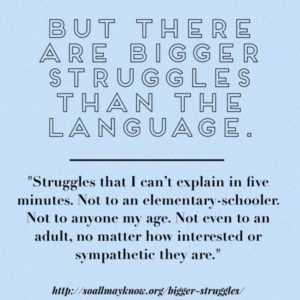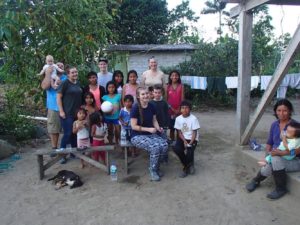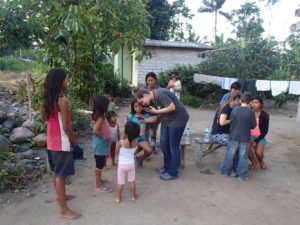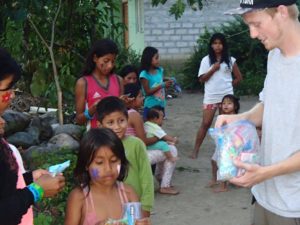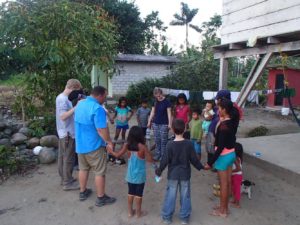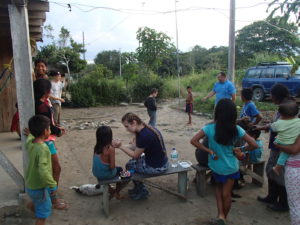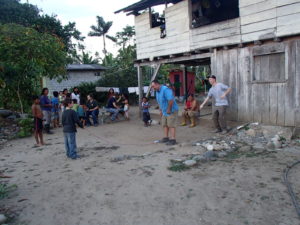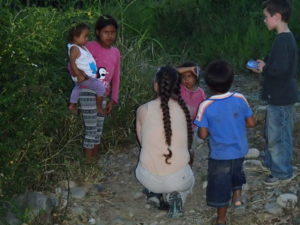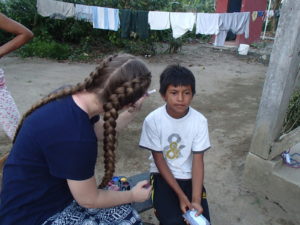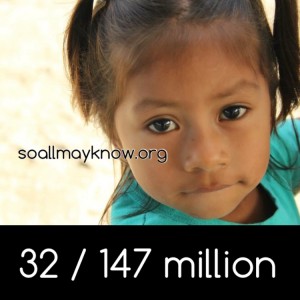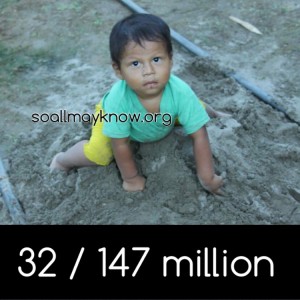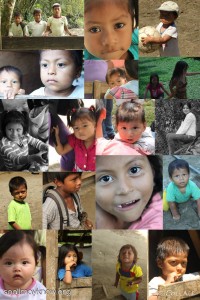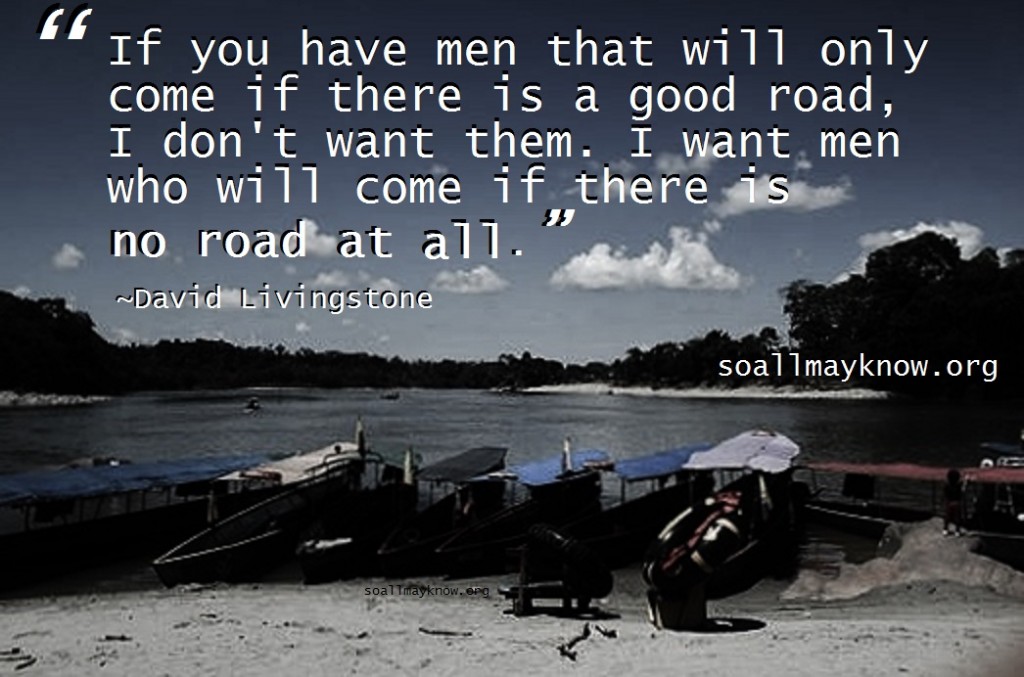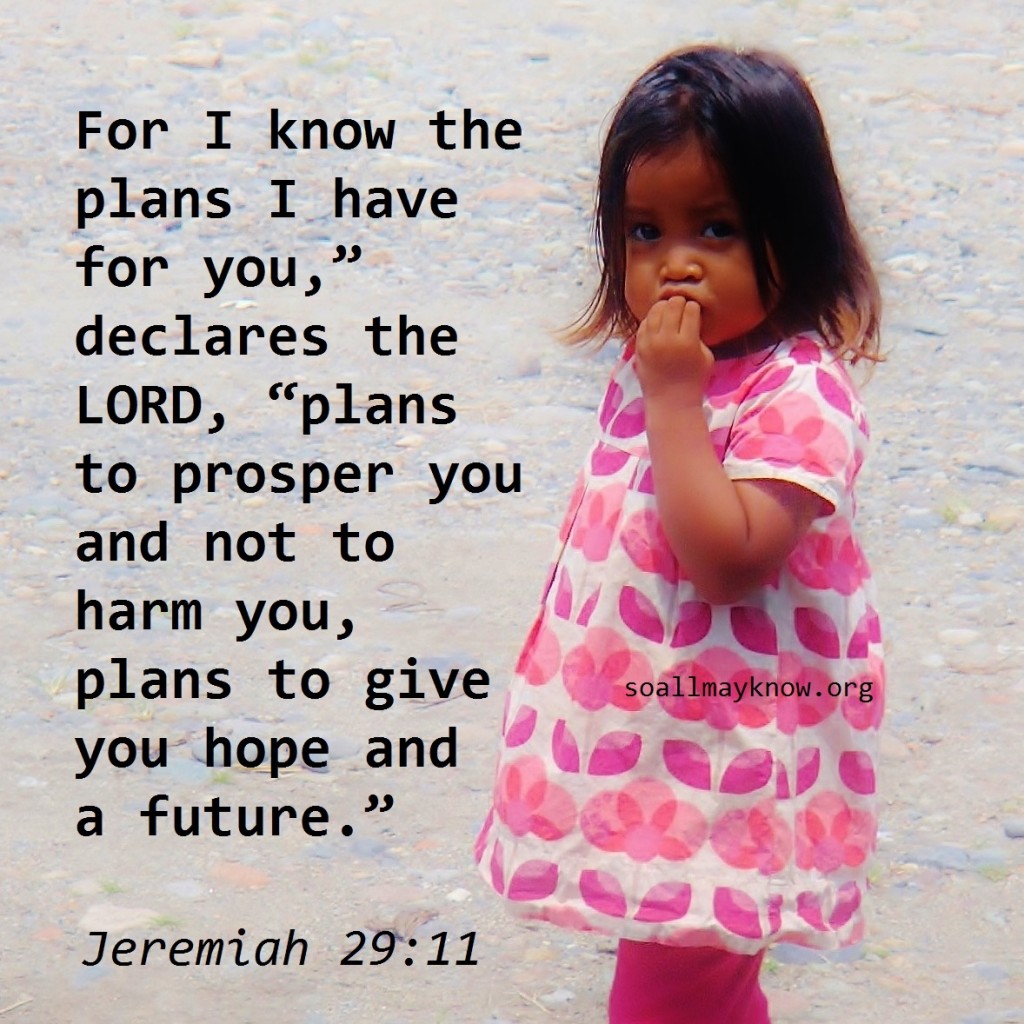Rejoice with those who rejoice, and weep with those who weep. Romans 12:15
Forty-one hours of travel, and approximately seven hours of sleep. But the day we arrive in Paute, we hit the ground running.
Monday night, we meet with our youth group. While there hasn’t been a gathering at SIP 91 in months, those same teens & young adults have been faithful to continue the meetings. Anywhere from 12 to 20 youth read, study, and even memorize the Word of God every single week at Iglesia Renacer.
On nights like these, we thank God that it’s still legal to join together and worship in Ecuador. That our meetings aren’t held in secret, that our afflictions are few and our blessings are many.
Around 7:00pm, we are reunited at the church. Big hugs, bright smiles, and loud laughter. How has it been five months already? How will I leave them in four short weeks?
We jump into the back of Hermano Santiago’s pickup truck and drive to the top of La Loma de Paute, the highest point in our village. This is where Jenni’s family lives, miles from the school, market, and church. They make the climb down the mountain every day, like so many others in our community.
“Jenni hasn’t been to a Bible meeting in weeks,” Santiago explains. “Her family is discouraged. Their grandmother’s health is failing – fast.”
Jenni’s mother meets us at the door. She looks completely exhausted, but she beckons us inside. Some of us sit on the wooden furniture, others stand against the walls. We are quiet & still.
Cancer. They discovered it three months ago, but it was already much too late. No medicine, no treatment, no physician could make a difference now. Now it is up to God.
Everyone in the room is visibly shaken. Jenni’s grandmother is approaching eternity with each shallow breath. Our bright smiles and loud laughs are absent now. We surround the sick bed & pour out our hearts.
The LORD is close to the brokenhearted and saves those who are crushed in spirit. Psalms 34:18
We do not pretend to understand, because very few of us have lost a family member. Our human empathy does not scratch the surface of their pain. But what we cannot understand, God does.
So we begin to pray. Our voices quake, our cheeks glisten with tears.
May God comfort you.
May God strengthen you.
May God give you peace.
I can’t count the hours I’ve spent debating with these guys, who constantly leaf through their pages of highlights & scribbled notes, who constantly quote the scriptures. I can’t count the times I’ve heard their pray requests – asking each other to go to God on their behalf.
But I have never seen them like this. I have never witnessed such complete and utter vulnerability.
We are learning to rejoice with those who rejoice & weep with those who weep.
So All May Know,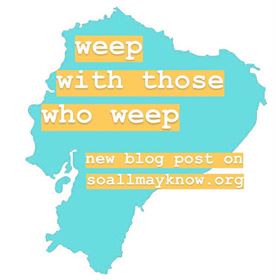
Madeline Studebaker


